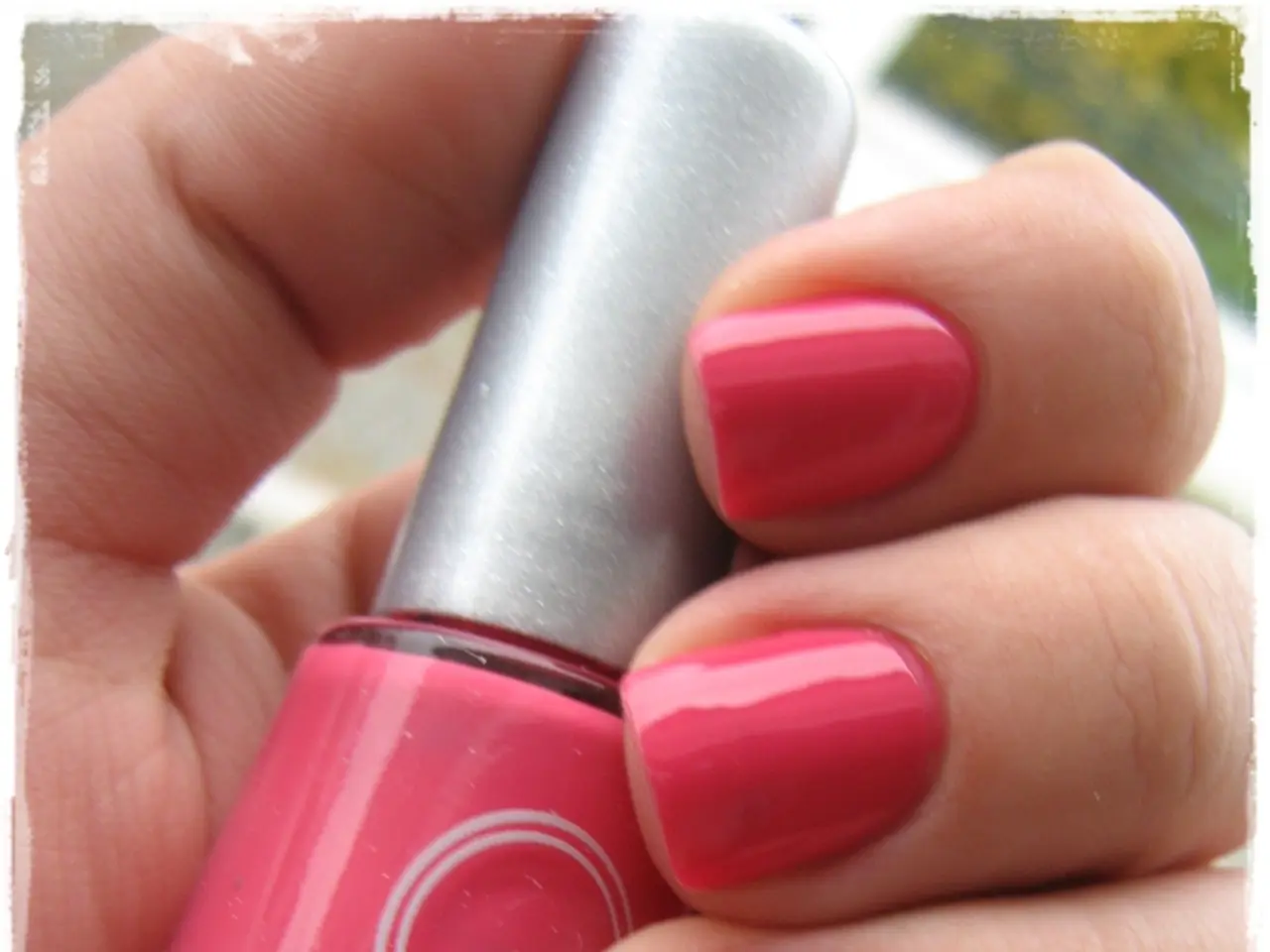Explore 13 Artisan-Created Items Available on Amazon Karigar, Showcasing Craftsmanship from Various Regions in India
In the heart of India's vibrant cultural tapestry lies a wealth of traditional textiles, each region boasting its unique artisanal skills and heritage. From the intricate Banarasi brocades to the delicate Jamdani muslins, these textiles are more than just clothing—they are a testament to the rich history and craftsmanship of India.
One such textile, the Jamdani, hails from Bengal. Known for its soft cotton or muslin fabric, Jamdani sarees are adorned with artistic motifs that are meticulously handwoven. These sarees are a popular choice among fashion enthusiasts, with prices ranging around Rs. 2,000 to Rs. 3,300 for typical designs[1][5].
Another renowned textile is Pochampally Ikat from Telangana. Famous for its Ikat dyeing technique, Pochampally sarees are available in silk and cotton blends. Their vibrant colors and geometric patterns make them ideal for traditional events. Prices for Pochampally Ikat silk sarees typically range from Rs. 10,000 to Rs. 25,000 depending on the design[3].
Sambalpuri sarees, handwoven ikat pieces from Odisha, showcase traditional motifs like shankha (conch) and chakra (wheel). These sarees are available in both cotton and silk variants, with prices varying but generally affordable for the handwoven quality[4].
While Banarasi sarees, known for their intricate gold and silver brocade, and Tant sarees, lightweight cotton pieces ideal for hot climates, were not explicitly listed in the price data provided, they are well-known textiles that vary from mid to high price ranges based on fabric and intricacy.
For those looking for more affordable options, a simple blue Tant sari with a black blouse piece is available for Rs. 1,508. Additionally, a dark mustard Sambalpuri cotton sari, a pink and deep blue Jamdani silk saree, and a monochrome Sambalpuri sari are all priced under Rs. 2,000.
Beyond sarees, these traditional textiles are versatile and can be found in various forms. For instance, a Pochampally Ikat dupatta is available for Rs. 1,999, while a red Banarasi dupatta can be purchased for Rs. 510. There are also block print sarees, curtains, dohars, and unstitched suit materials available in various price ranges.
When purchasing these traditional textiles, it is recommended to source directly from reputed weavers or certified sellers to ensure quality and fair pricing. These handcrafted pieces are not just clothing items; they are a connection to India's rich cultural heritage and artisanal skills.
[1] https://www.amazon.in/dp/B08TJ827VG/ref=cm_sw_r_cp_apa_glt_fabc_E7S013QX36W962SDS21K [3] https://www.amazon.in/dp/B084X8H2KC/ref=cm_sw_r_cp_apa_glt_fabc_H76B4JQ8T8533CEHB6V4 [4] https://www.amazon.in/dp/B07N948M2F/ref=cm_sw_r_cp_apa_glt_fabc_5H72V163J66584849J49 [5] https://www.amazon.in/dp/B0013M1760/ref=cm_sw_r_cp_apa_glt_fabc_E441483J52QK178R5JT9
- Both Jamdani and Pochampally Ikat, two handloom textiles from India, are highly sought after in the international content and fashion-and-beauty lifestyle market.
- Shopping made in India, such as the Sambalpuri handwoven cotton or silk sarees, can be found on online platforms like Amazon India, offering affordable options along with high-end picks like Banarasi brocade sarees.
- For Republic Day celebrations, one can opt for a traditional home-and-garden item, like a Pochampally Ikat dupatta or a block print curtain, to reveal the unique Indian craftsmanship that adds a special touch to the décor.
- Beyond clothing, Jamdani silk sarees, Pochampally Ikat dupattas, and several other handloom fabrics can be utilized for in-shopping-clothing items such as blouses and suit materials, making them versatile additions to one's wardrobe.
- The intricate Banarasi and Tant sarees are more than just clothing—they are a testament to India's intlcomtent and reputed artisanal skills that have made these textiles a desired aspect of the fashion world and a part of cultural heritage.
- By choosing handloom textiles over mass-produced items, consumers can contribute positively to the local economy while promoting India's irreplaceable artisanal work, making every purchase a meaningful connection to the nation's history and skills.




